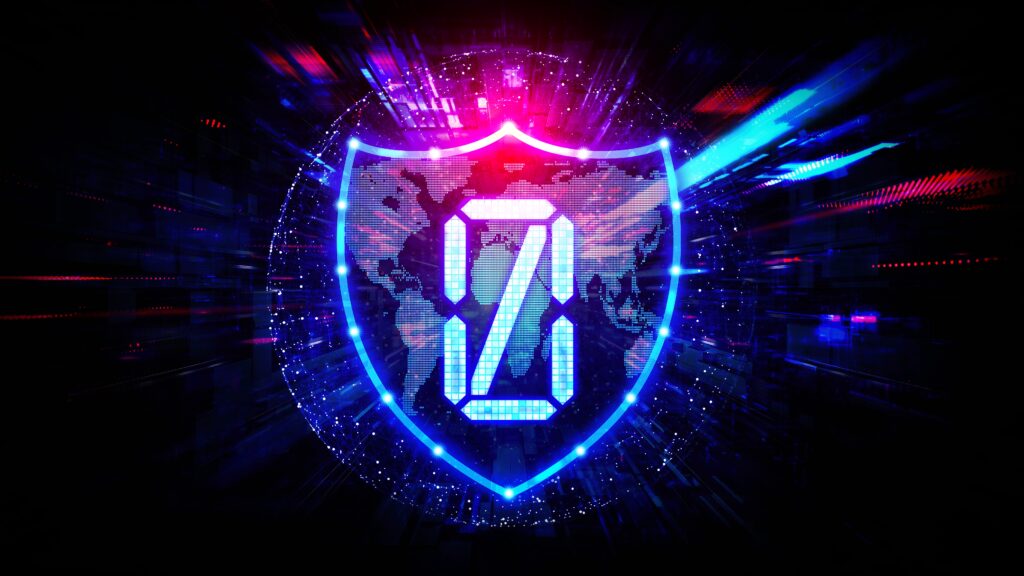About
The Cyber Threat Intelligence Specialist course is designed to equip Information Technology (IT) and Information Security (IS) professionals with the knowledge, skills, and e-competencies required to excel in the field of cyber threat intelligence. The program targets individuals at e-CF level 1 and EQF level 3, focusing on enhancing their expertise in cyber threat intelligence analysis.

Target group:
Information Technology (IT) or Information Security (IS) professionals
-
Objective 1:
Develop specialized human resources in the cybersecurity sector who can drive business growth in a rapidly evolving and highly competitive environment.
-
Objective 2
Equip trainees with up-to-date knowledge, skills, and competencies that align with market demands, fostering their mobility within the European Union labor market and addressing the cybersecurity skills gap.
-
Objective 3
Provide participants with the technical knowledge, skills, and competencies necessary for effective data collection, processing, analysis, and the production of actionable intelligence reports.
-
Objective 4
Enhance the skills of IT and IS professionals, enabling them to meet the evolving market requirements for cybersecurity professionals through reskilling initiatives.
-
LM0: Introduction
This LM introduces participants to the Cyber Threat Intelligence Specialist training, outlining the course objectives and providing an overview of the Cyber Threat Intelligence Specialist profile. It also highlights the market demand for professionals in this field.
-
LM1: Threat Intelligence Analysis
This LM delves into the fundamental concepts, tasks, and roles associated with cyber threat intelligence. Participants will gain insights into CTI platforms, automation, and the visualization of cyber threat intelligence. Real-world case studies will be presented to illustrate practical applications.
-
LM2: Threat Analysis
This LM focuses on cybersecurity tactics, techniques, and threat hunting. Participants will learn how to organize and streamline the threat intelligence process effectively.
-
LM3: Incident Management
This LM introduces the essential terms and definitions related to incident response. The module covers cyber attacks and threats, the development of a Cyber Incident Response Plan, incident response procedures, malware analysis, and mitigation strategies.
-
LM4: Testing and Evaluation
This LM provides an introduction to network ethical hacking, network cybersecurity tools, and the Cyber Kill Chain. Participants will gain practical knowledge on testing and evaluating cybersecurity measures.

Sara Ricci
Sara Ricci is a postdoctoral researcher at Brno University of Technology, Czech Republic. She accomplished her M.Sc. degree in Mathematics at University of Pisa, Italy in 2015 and her Ph.D. studies in Computer Engineering and Mathematics Security at Universitat Rovira i Virgili, Spain in 2018. Her research interests are theoretical cryptography, in particular lattice-based and elliptic curve cryptography, and data privacy and security. She is also focused on the design of new privacy-preserving cryptographic protocols and their security analyses.
– Brno University of Technology

Imre Lendak
Imre Lendak is an Associate Professor teaching data analytics tools and technologies, critical infrastructure security and distributed systems and algorithms. His main research and professional interests are industrial control system (ICS) security and security aspects of machine learning solutions. He coordinated the EU-funded Information Security Services Education in Serbia (ISSES) project in the 2017-2021 period. He was the recipient of the Balkans Cybersecurity Fellowship 2021 awarded by CRDF Global. He is a member of the Steering Committee of the European Cyber Security Challenge (ECSC) competition for top cyber security talents organized by the European Union Agency for Cybersecurity (ENISA).
– Unicom- Telecom

Tamas Holczer
Tamás Holczer is an assistant professor at Budapest University of Technology and Economics, Hungary, at the laboratory of Cryptography and System Security. He is teaching network security and cyber operations for master students. His main research focus is on the security of industrial control systems with a special attention to nuclear security.
– Budapest University of Technology and Economics

Edmundas Piesarskas
Over 20 years worked as management consultant with different sectors. During the past 10 years a lot of attention was given to cybersecurity. Joined many European projects as an expert in fields like skills development, innovation up-take, hybrid threats and other cybersecurity aspects. Active member of current ENISA ad-hock working group on Cybersecurity Skills Framework as well as the initial group, that developed ECSF
– EKT

György Dán
György Dán is professor of teletraffic systems at KTH Royal Institute of Technology, Stockholm, Sweden. He received the M.Sc. in computer engineering from the Budapest University of Technology and Economics, Hungary in 1999, the M.Sc. in business administration from the Corvinus University of Budapest, Hungary in 2003, and the Ph.D. in Telecommunications from KTH in 2006. He worked as a consultant in the field of access networks, streaming media and videoconferencing 1999-2001. He was a visiting researcher at the Swedish Institute of Computer Science in 2008, a Fulbright research scholar at University of Illinois at Urbana-Champaign in 2012-2013, and an invited professor at EPFL in 2014-2015. He served as area editor of Computer Communications 2014-2021, as editor of IEEE Transactions on Mobile Computing 2019-2023, and serves as TPC member of conferences like IEEE Infocom and ACM e-Energy. He has received several best paper awards from IFIP and IEEE in recent years. His research interests include the design and analysis of content management and computing systems, game theoretical models of networked systems, and cyber-physical system security and resilience.

